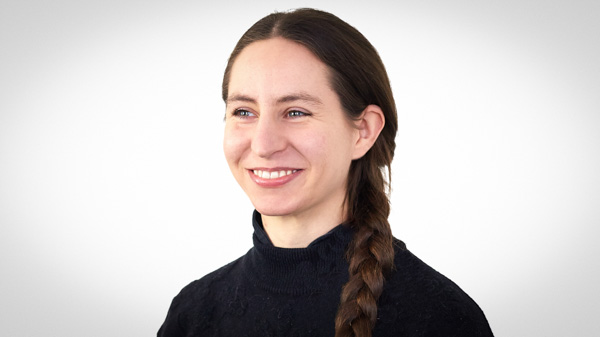Making sense of our connected world

DeepGreen: Open-Access-Transformation
Supported by the German Research Foundation (DFG), the DeepGreen project aims to transfer academic publications which can be made freely accessible into open access. This process will be automated using a data hub. As part of the project, DeepGreen’s initial focus will be on what are known as alliance licences, which include special open access components.
Read the english blogpost on ZBW MediaTalk where it was published in the first place. The authors of this text are Kaja Scheliga (Helmholtz Association, Helmholtz Open Science Coordination Office), and Julia Alexandra Goltz (Berlin-Brandenburg Cooperative Library Association (KOBV).
| This post represents the view of the author and does not necessarily represent the view of the institute itself. For more information about the topics of these articles and associated research projects, please contact info@hiig.de. |
This post represents the view of the author and does not necessarily represent the view of the institute itself. For more information about the topics of these articles and associated research projects, please contact info@hiig.de.

You will receive our latest blog articles once a month in a newsletter.
Open higher education
The Human in the Loop in automated credit lending – Human expertise for greater fairness
How fair is automated credit lending? Where is human expertise essential?
Impactful by design: For digital entrepreneurs driven to create positive societal impact
How impact entrepreneurs can shape digital innovation to build technologies that create meaningful and lasting societal change.
Identifying bias, taking responsibility: Critical perspectives on AI and data quality in higher education
AI is changing higher education. This article explores the risks of bias and why we need a critical approach.




